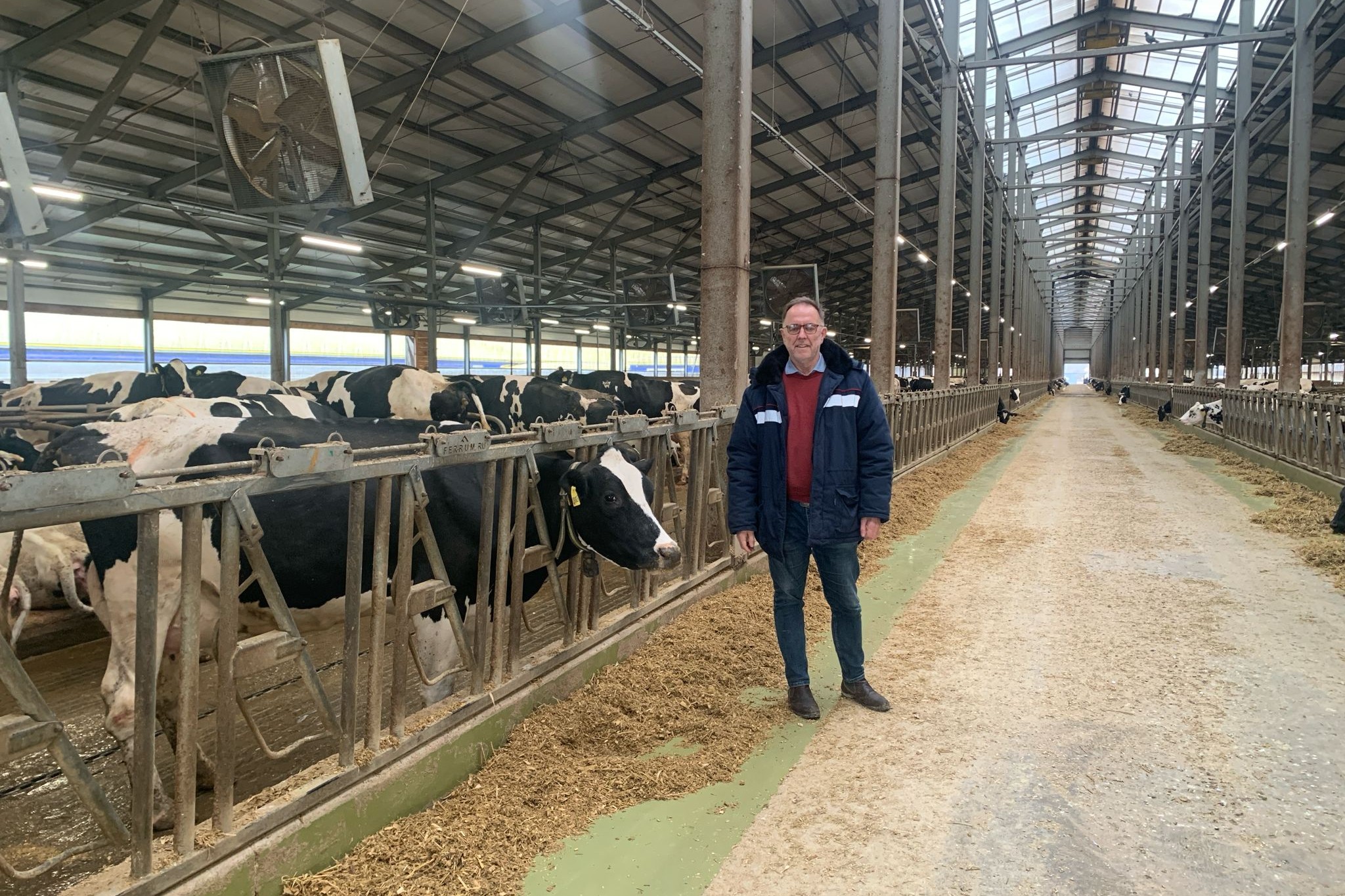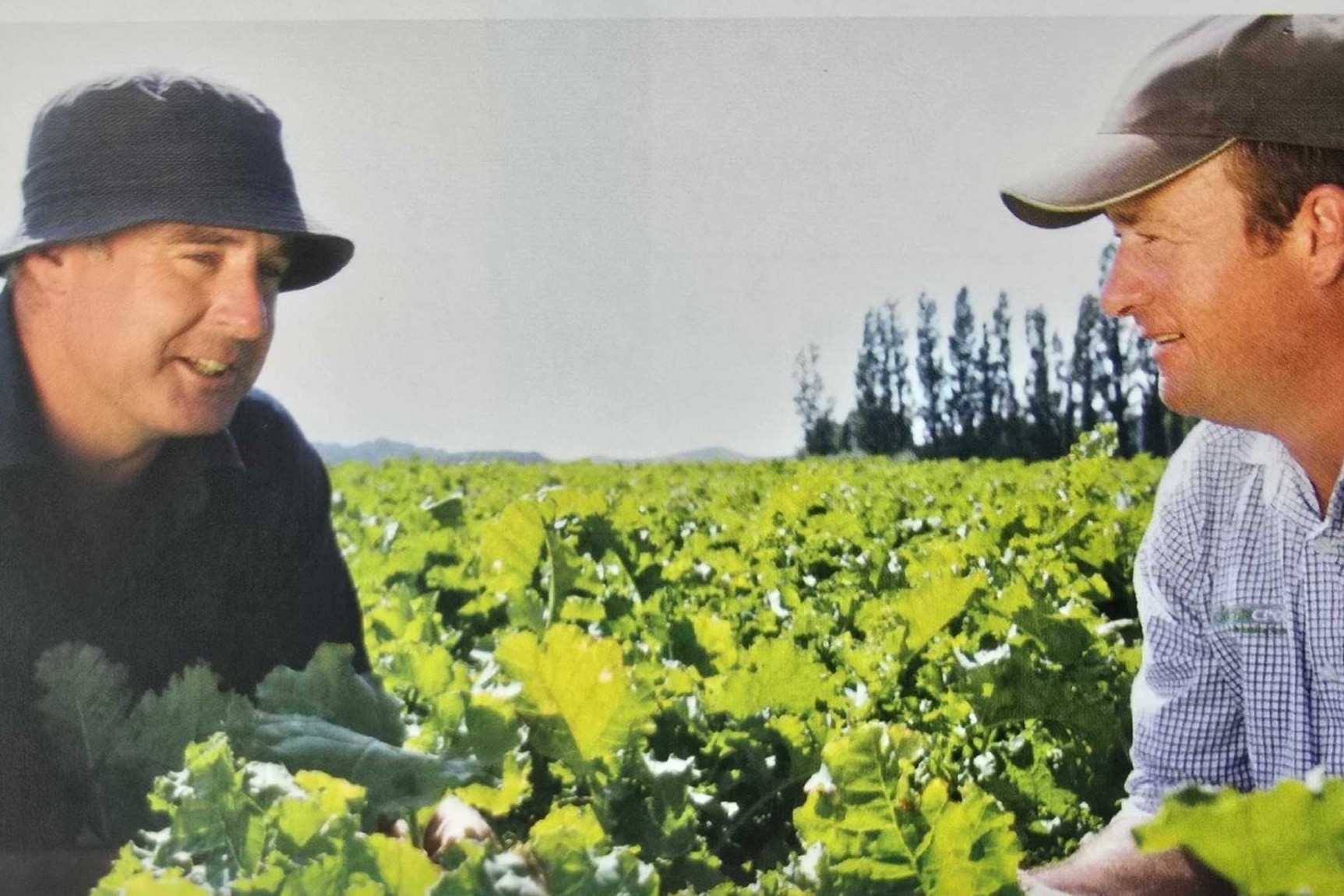Dear Aunty Thistledown
I accidentally weighed our farmhand while we were weighing calves the other day. I wrote Sam up in the little yellow notebook as a joke

Q
I accidentally weighed our farmhand while we were weighing calves the other day. I wrote Sam up in the little yellow notebook as a joke. But there is no joking when it comes to my wife and the farm records. She’s a real measure, manage and monitor type. She ran Sam’s numbers through one of those BMI calculators on the interweb and it told her Sam is overweight.
Wifey is now on a quest to make Sam smaller for “the good of his health”. She has replaced the butter with margarine and keeps switching the motorbike’s fuel tank to “reserve” so Sam gets more exercise.
Please tell her she is being ridiculous!
Regards,
Chubby Checker
A
Dear CC,
I know better than to tell a woman she is being ridiculous, but I feel safe using that term on the Body Mass Index (BMI). This 189-year-old cockroach of a mathematical equation comes in handy when comparing whole populations, but is about as accurate as a horoscope for telling us anything about the health of a single person.
Initially called the Quetelet index, the BMI was devised by Adolphe Quetelet, a mathematician who was studying the measurements of the average white male living in Belgium circa 1832. Quetelet wanted to find an equation that explained how someone’s weight increased as they grew taller. He had no interest in obesity or health or telling people how much they should weigh, which is a good thing since his background was in astronomy.
Enter Ancel Keys, 140 years later, who had a chip on his shoulder about the way insurance companies were using height and weight tables on their customers. Keys revisited Quetelet’s index, which he rebranded as the BMI.
After studying a selection of healthy men in five countries, Keys concluded that the BMI was “slightly better” at determining fatness than using a simple ratio of weight to height. How’s that for faint praise!
Keys has more accolades for the BMI. He said it couldn’t explain half of the variance in body fatness, but it was more convenient than submerging men in tanks to weigh them underwater or pinching them all over with skinfold calipers. Sounds like he was a little ho hum about our buddy the BMI.
During the 1980s and 1990s various health agencies set about making the BMI fit nicely into boxes so they could classify people as underweight or overweight, a task it was never designed to do. These categories are fairly arbitrary and in many cases are devised to classify 50% of the population as overweight or obese.
If Sam’s BMI is over, say, 25 then various health authorities will tell you that Sam “may” be overweight. The word “may” is doing a lot of heavy lifting here. Sam may have a lot of muscle which is heavier than fat. Sam may be genetically closer to a Shetland Pony or Clydesdale, than the (white, male) Thoroughbreds the scale was built on. Or, the 25 threshold may have been picked out of thin air and mean nothing.
Fat people have high BMIs, but not everybody who has a high BMI is fat. Which is completely fine, because you don’t need the BMI to tell you if Sam is fat. If you don’t trust your own judgement, then simply ask a young child.
Is there anything wrong with Sam being fat? Yes, but most of the downsides of being chubby are how other people might treat Sam.
The scientific link between fatness and poor health is nowhere near as cut and dried as you might think.
Underweight people and obese people (BMI 30+) have a slighly lower life expentency than “normal” and “overweight” people. But that hides a lot of confounding issues. For example, there are plenty of diseases (and treatments) that cause people to gain or lose weight before they leave this mortal coil. There are also plenty of ways in which a patient’s weight might affect their access to effective treatment.
Medicine and medical machinery have not been optimised for very small or very big patients. Hell, it wasn’t even that long ago when they started considering female test subjects in medical research.
The important thing, as it always has been, is for Sam to enjoy regular exercise and a variety of wholesome foods. Enjoy being the operative word. There is a special place in hell for people who leave the quad bike on reserve fuel.
Aunty Thistledown.
- Cali Thistledown lives on a farm where all the gates are tied together with baling twine and broken dreams. While she rarely knows what day it is, she has a rolodex of experts to call on to get the info you need. She’s Kiwi agriculture’s agony aunt. Contact our editor if you have a question for her terry.brosnahan@nzfarmlife.co.nz




